Related Research Articles
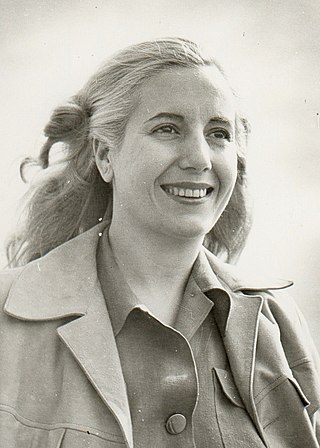
María Eva Duarte de Perón, better known as just Eva Perón or by the nickname Evita, was an Argentine politician, activist, actress, and philanthropist who served as First Lady of Argentina from June 1946 until her death in July 1952, as the wife of Argentine President Juan Perón. She was born in poverty in the rural village of Los Toldos, in the Pampas, as the youngest of five children. In 1934, at the age of 15, she moved to the nation's capital of Buenos Aires to pursue a career as a stage, radio, and film actress. She married Perón in 1945, when he was still an army colonel, and was propelled onto the political stage when he became President in 1946. She became a central figure of Peronism and Argentine culture because of the Eva Perón Foundation, a charitable organization perceived by many Argentinians as highly impactful.

Luisa Valenzuela Levinson is an Argentine post-'Boom' novelist and short story writer. Her writing is characterized by an experimental style which questions hierarchical social structures from a feminist perspective.

Libertad Lamarque Bouza was an Argentine and Mexican actress and singer, became one of the most iconic stars of the Golden Age of cinema in both Argentina and Mexico. She achieved fame throughout Latin America, and became known as "La Novia de América". By the time she died in 2000, she had appeared in 65 films and six telenovelas, had recorded over 800 songs and had made innumerable theatrical appearances.

The Woman with the Whip is a 1952 biography of political leader and cultural icon Eva Perón, written by Argentinian author Mary Main. First published in England and the United States shortly after Eva Perón's death, it presents her in a highly critical light, and is often dismissed by Perón supporters as lacking in historical value. However, the book was extremely popular, and remains highly regarded by academics as a valuable work of journalism. The Woman with the Whip served as source for Andrew Lloyd Webber's musical Evita.
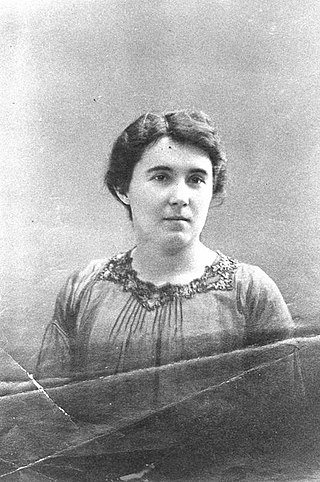
Alicia Moreau de Justo was an Argentine physician, politician, pacifist and human rights activist. She was a leading figure in feminism and socialism in Argentina. Since the beginning of the 20th century, she got involved in public claims for opening rights for women. In 1902, joined by a fellow activists, she founded the Feminist Socialist Center of Argentina and the Feminine Work Union of Argentina.
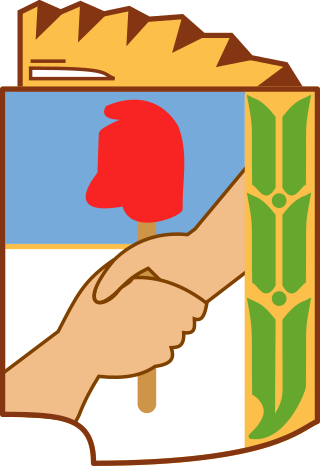
The Female Peronist Party was an Argentine political party created in 1949 and dissolved in 1955. The party only accepted women and was founded by Eva Perón, who was also the first president of the party.

Tomás Eloy Martínez was an Argentine journalist and writer.
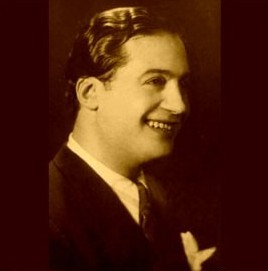
Agustín Magaldi Coviello was an Argentine tango and milonga singer. His nickname was "La voz sentimental de Buenos Aires". Magaldi took part in the opening broadcasts of Argentina's LOY Radio Nacional in July 1924.

Petrona Eyle was an Argentine physician and feminist who campaigned for Latin American women's rights. She studied medicine at the University of Zurich, where she wrote her thesis on ear deformities, and in 1893 became the second woman to practice medicine in Argentina after Cecilia Grierson.

Jesús Martín-Barbero was a Spanish-Colombian communication scientist.
Feminism in Argentina is a set of movements aimed at defining, establishing, and defending equal political, economic, and social rights and equal opportunities for women in Argentina. Although some women have been considered precursors—among them Juana Manso and Juana Manuela Gorriti—feminism was introduced to the country as a result of the great European immigration wave that took place in the late 19th and early 20th century. The first feminists did not form a unified movement, but included anarchist and socialist activists, who incorporated women's issues into their revolutionary program, and prestigious freethinker women, who initially fought for access to higher education and, later, legal equality with men. The early 20th century was also full of women fighting for their freedom and rights in the workplace. Despite the efforts of the first-wave feminists, Argentine women did not acquire the right to vote until 1947, during Juan Perón's first government. His highly popular wife, Eva, championed women's suffrage and founded and ran the nation's first large-scale female political party, the Female Peronist Party. Although she refused to identify herself as a feminist, Eva Perón is valued for having redefined the role of women in politics.
Ana Rosa Schlieper de Martínez Guerrero was an Argentine feminist leader, philanthropist, and welfare worker. She founded the Señoras de San Vicente de Paul en General Madariaga, as well as a 100-bed hospital and nursing school for women. She also founded the Unión Argentina de Mujeres and a war relief organization, Victory Committee.
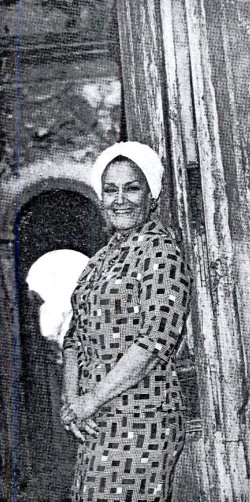
Juana Larrauri de Abramí, also known as Juanita Larrauri was a tango singer and was among a group of the first women elected to the Argentine Senate. She was elected twice as a senator and in both cases lost her seat as a result of right-wing military coups; she was elected in 1951 and lost her seat in 1955, then was elected again in 1973 and lost her seat again in 1976.

Rita Laura Segato is an Argentine-Brazilian academic, who has been called "one of Latin America's most celebrated feminist anthropologists" and "one of the most lucid feminist thinkers of this era". She is specially known for her research oriented towards gender in indigenous villages and Latin American communities, violence against women and the relationships between gender, racism and colonialism. One of her specialist areas is the study of gender violence.

Dora Beatriz Barrancos is an Argentine researcher, sociologist, historian, feminist, and politician.

Diana Helena Maffía is an Argentine academic and politician.

Aurelia Gabriela Tizón de Perón was an Argentine educator and the first wife of former Argentine president Juan Perón.
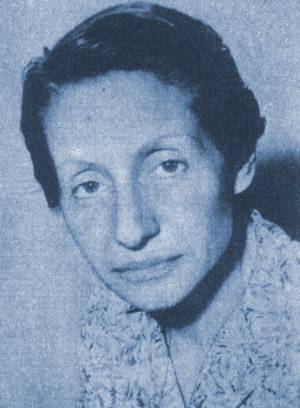
Alcira de la Peña was an Argentine physician and political leader. She became an important figure within the country's communist, feminist, and human rights movements.

Mirta Zaida Lobato is an Argentine historian, essayist, and full professor specializing in the social, cultural and political history of the world of work and gender relations in Argentina and Latin America in the 20th century. Lobato was the founder of "Área Interdisciplinaria de Estudios de la Mujer" (AIEM). She was awarded a Guggenheim Fellowship in 2006.

María Elena Oddone is an Argentine women's rights activist and writer. A prominent figure of second-wave feminism in her country, she was the founder of one of its first feminist organizations, the Women's Liberation Movement (MLF), as well as the Argentine Feminist Organization (OFA) and the Court of Violence Against Women. She was director of Persona magazine from September 1974 to December 1986. She is the author of La pasión por la libertad: memorias de una feminista.
References
- 1 2 3 4 "Marysa Navarro-Aranguren". Department of History. 16 March 2015. Retrieved 28 March 2022.
- 1 2 Navarro, Marysa. "Prólogo a la edición definitiva" (PDF). adultosmayores.unr.edu.ar. Retrieved 28 March 2022.
- ↑ "Forty Years On: The Changing Face of Dartmouth". home.dartmouth.edu. Dartmouth College. Retrieved 28 March 2022.
- ↑ "Faculty Honored for Teaching and Scholarship". home.dartmouth.edu. Dartmouth College. Retrieved 28 March 2022.
- 1 2 "La historiadora pamplonesa afincada en Estados Unidos Marysa Navarro Aranguren, nueva doctora 'honoris causa' de la UPNA". www.20minutos.es - Últimas Noticias (in Spanish). 29 May 2017. Retrieved 28 March 2022.
- ↑ "Doctores Honoris Causa". www.unavarra.es. Universidad Pública de Navarra - Campus de Excelencia Internacional. Retrieved 28 March 2022.
- ↑ García-Sanz Marcotegui, Ángel (2014). "Marysa Navarro Aranguren" (PDF). Huarte de San Juan. G eografía e Historia. 21: 199–214. ISSN 2341-0809 . Retrieved 28 March 2022.
- ↑ "LASA2017 – viii Highlights at Every LASA Congress - MARYSA NAVARRO ARANGUREN - Winner of the Kalman Silvert Award for 2017" (PDF). LASA: viii-x. 2017. Retrieved 28 March 2022.
- ↑ "LASA2019 / Nuestra América: Justice and Inclusion". LASA. Retrieved 28 March 2022.
- ↑ "Resolución Nº 5366/19". www.montevideo.gub.uy. Retrieved 28 March 2022.